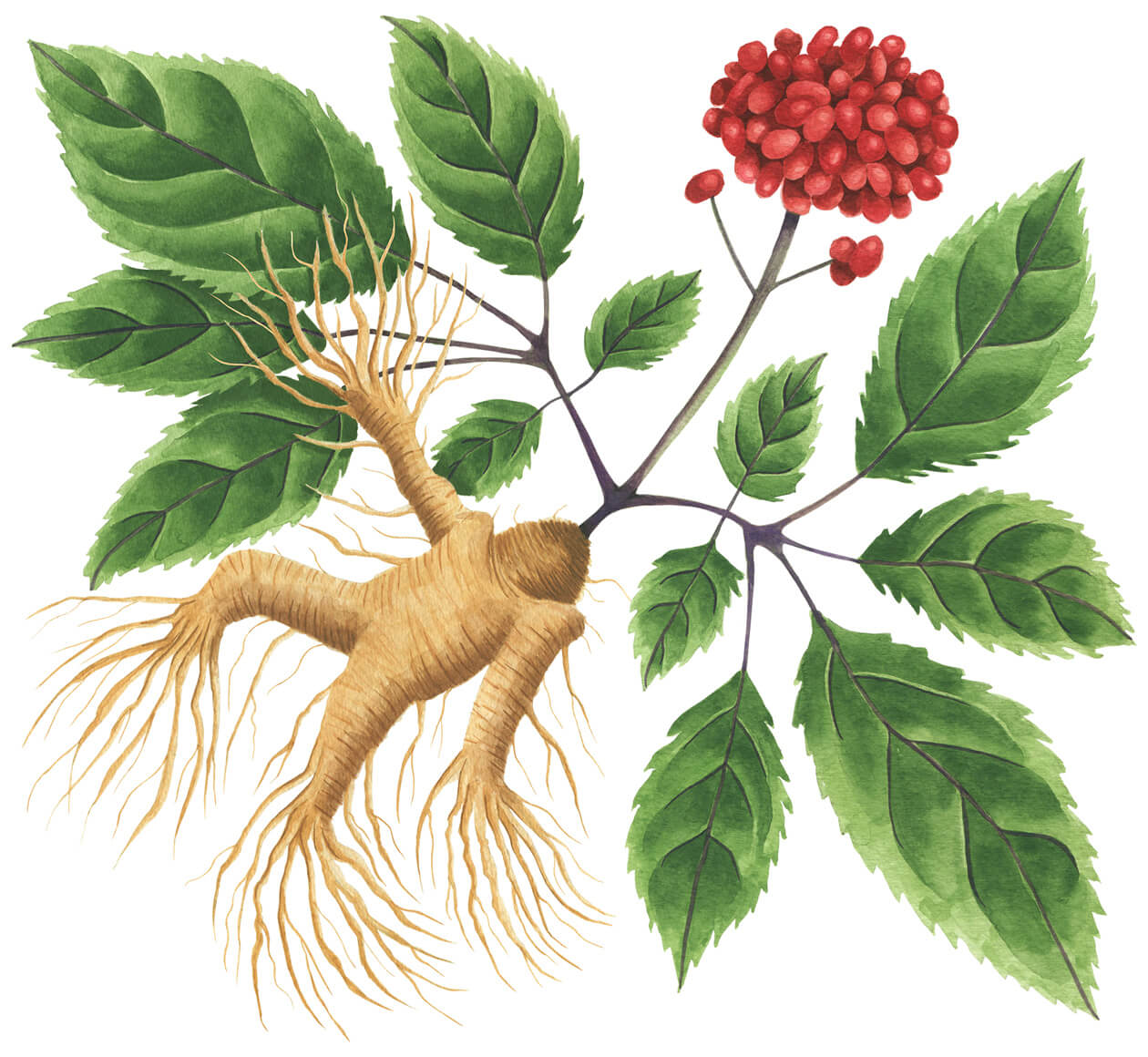The Healing Nature of Plants
Chamomile
Matricaria Chamomilla

Considered by some to be a cure-all, chamomile is commonly used in the U.S. for anxiety and relaxation. It is used in Europe for wound healing and to reduce inflammation or swelling. Few studies have looked at how well it works for any condition. Chamomile is used as a tea or applied as a compress. It is considered safe by the FDA. It may increase drowsiness caused by medicines or other herbs or supplements. Chamomile may interfere with the way the body uses some medicines, causing too high a level of the medicine in some people.Chamomile for the skin (topical) may be used to treat skin irritation from radiation cancer treatments. Chamomile in capsule form may be used to control vomiting during chemotherapy.
Ginger
Zingiber Officinale

Ginger is a commonplace ingredient and herbal medicine. You can eat it fresh or dried, though its main medicinal forms are as a tea or capsule.
- It is used for relieving nausea associated with pregnancy, chemotherapy, and medical operations.
- It can prevent heart disease and cancer
Tulsi / Holy Basil
Ocimum Sanctum / Tenuiflorum / Gratissimum

Tulsi is an adaptogen that is commonly used in teas to help people breathe easier and smile harder. It has a naturally sweet taste. Makes a delicious honey and is a wonderful way to releave all sorts of stress. Very popular herb in Ayurvedic Medicine and has strains that come from both South East Asian as well as Eastern Africa. Helps with upkeep of mental clarity, ADD/HD, Anxiety, Indigestion, Asthama, and even Joint Pains.
![]()
Ginseng
Panax Quinquefolius

Ginseng is an herb that is rich in antioxidants. Research suggests that it may offer benefits for brain health, immune function, blood sugar control, and more. Ginseng has been used in traditional Chinese medicine for centuries.
Ashwagandha
Withania Somnifera

Ashwagandha contains chemicals that might help calm the brain, reduce swelling, lower blood pressure, and alter the immune system. Since ashwagandha is traditionally used as an adaptogen, it is used for many conditions related to stress. Adaptogens are believed to help the body resist physical and mental stress.



